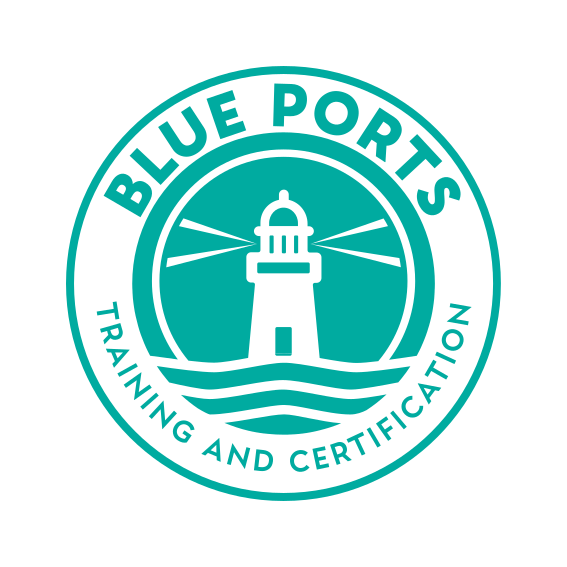On April 4th, 2024, a significant moment unfolded with the inaugural consultation meeting of the National Technical Committee of BLUE PORTS (BLUE CAREERS IN NET-ZERO ENERGY PORTS) in Greece. This event took place at the Piraeus Marine Club and was organized by the BLUE PORTS coordinator, the Renewable & Sustainable Energy Laboratory, TU Crete (ReSEL TUC), in collaboration with Greek project partners, including the Heraklion Port Authority SA and TÜV HELLAS (TÜV NORD).
Members of the newly formed National Technical Committee are stakeholders from the Greek Blue Economy and national ports’ ecosystem, actively engaging the quadruple helix of innovation and every link of the value chain: Ministry of Shipping and Insular Policy, Hellenic Ports Association (ELIME), Greek Shipowners Association for Passenger Ships (SEEN), Union of Cruise Ship Owners & Associated Members, Hellenic Chamber of Shipping (NEE), Federation of Greek Port Employees (OMYLE), The Labour Institute of the General Confederation of Greek Workers (INE GSEE), Hellenic Marine Environment Protection Association (HELMEPA), Hellenic Environmental Center (HEC), Antipollution, Technical Chamber of Greece (TEE), Hellenic Logistics Association, Region of Crete, National Accreditation System (ESYD).
Prof. Theoharis Tsoutsos, Director of the Laboratory of Renewable and Sustainable Energy Systems, Technical University of Crete, Manolis Koutoulakis, Secretary General of Aegean and Islands Policy, and Vasilios Mamalis, Executive Director, Hellenic Ports Association, welcomed the Committee’s members. Specially targeted presentations were made by Stavroula Tournaki, BLUE PORTS Coordinator (ReSEL TUC), and Christos Kariotis (TÜV HELLAS). A participatory exercise was coordinated by Minas Papadakis, CEO (Heraklion Port Authority), Virginios Voudouris, Vice President of Certification of Persons (TÜV HELLAS), and Professor Theoharis Tsoutsos, while the rapporteurs were Maria Fragou and Nikolaos Skarakis (ReSEL TUC). The focus of the discussion was on defining both existing gaps and future needs of the ports’ human capital in green skills, as well as the key elements of the Certification Scheme and emerging requirements, to ensure the scheme’s broad applicability and responsiveness to market needs at a national level.


